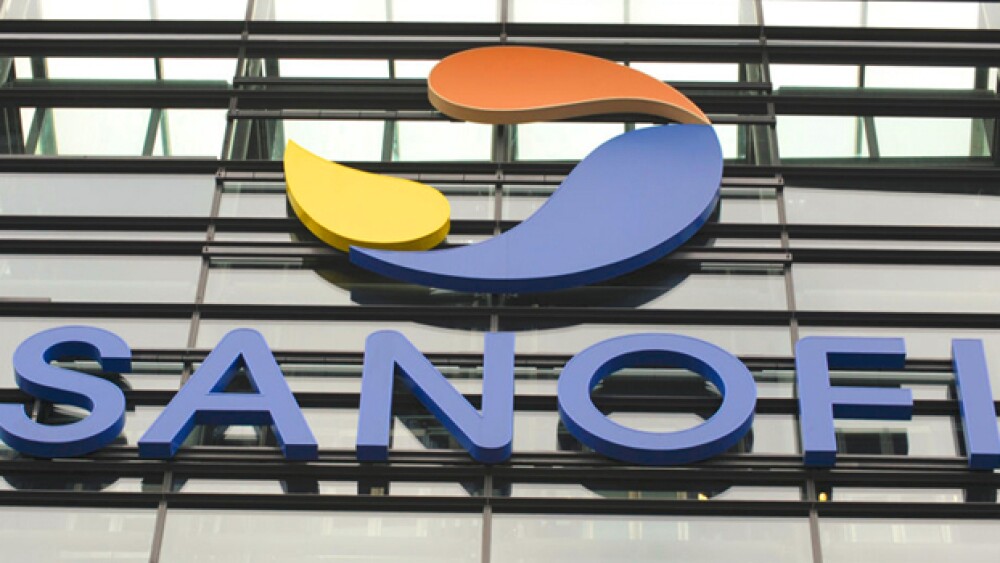The SEC filed a suit against “one or more unknown traders” while it seeks to identify the perpetrators.
On Jan. 22, Paris, France-based Sanofi acquired Waltham, Massachusetts-based Bioverativ for approximately $11.6 billion. Now the U.S. Securities and Exchange Commission (SEC) has filed a lawsuit to investigate an unidentified group of stock traders who raked in $4.9 million in “highly suspicious” trades of Bioverative just before the acquisition.
In January 2017, Bioverativ spun off from Cambridge, Mass.-based Biogen’s hemophilia business. Bioverativ has two drugs, Eloctate for Hemophilia A and Alprolix for Hemophilia B. In 2016, the two drugs created about $850 million in sales. The acquisition bolsters Sanofi’s efforts in the hemophilia market and the rare disease market.
Per the lawsuit filed by the SEC on Friday, Jan. 28 in New York federal court, “one or more unknown traders” bought short-term options on Bioverativ in the week before the deal announcement. That amounts to a bet that stock would increase in value. Which it did. Shortly afterwards, the traders unloaded the shares for a hefty profit.
Max Stendahl, writing for the Boston Business Journal, says, “The SEC said it suspected that the defendants had inside information at the time of the initial trades, which represented ‘a significant share’ of all reported trades in Bioverativ options during that period. The orders were placed through a Credit Suisse account in Zurich, Switzerland, and were executed through one of the brokerage firm’s U.S. subsidiaries, the complaint said.”
The SEC complaint states, “As a result of these well-timed trades, the defendants turned an investment of $170,081 into over $4.9 million in realized and unrealized profits, a return of more than 2900 percent in less than two weeks.”
The SEC is seeking a court order that would force Credit Suisse to disclose the names of the trader or traders.
Brittany Meiling, with Endpoints News, writes, “The transactions in question were weird on a few levels. First, the traders bought call options that had a strike price between $65 and $70 per share. That’s an unusual move for a trader, because shares of Bioverativ had never closed above $64.12. Why buy call options at a premium? The other strange thing about this move was the call options had an expiration date of February 16, which means the buyers expected the share price to go up in a very short time. Last weird thing? The traders had never owned Bioverativ stock before.
In addition to a request for the traders’ names, the SEC wants to freeze their assets, and return profits and pay a fine.
The SEC noted that the “defendants’ purchases made up a significant volume of all reportable option trades on those days, and on several days constituted all or nearly all of the trades in the particular series of options contracts in which defendants traded.”
This would not be the first or even biggest insider trading schemes in biopharma. In 2016, a former Oppenheimer & Co. investment adviser was arrested by the U.S. Justice Department and indicted on charges related to insider trading on Pfizer acquisition targets.
More notoriously, Valeant Pharmaceuticals International and Pershing Square, a hedge fund run by activist investor William Ackman, recently settled an insider trading lawsuit with Allergan. In 2014, Ackman acquired about 10 percent of Allergan. A month after buying the stake, Valeant and Pershing announced a joint bid to buy Allergan, and the stock climbed 15 percent, which gave Pershing about $1 billion in gains overnight. Although Ackman never admitted to insider trading, Pershing Square paid $193.75 million and Valeant paid about $96.2 million to settle the case this month, which was going to go to court later this year.





